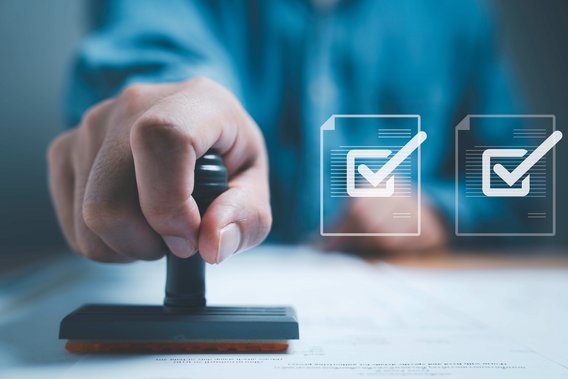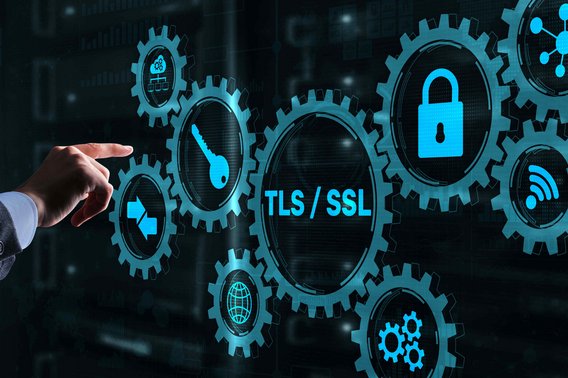Trust service providers (TSPs) that issue certificates for electronic signatures are subject to extensive legal and technical requirements.These are anchored, among other things, in the eIDAS Regulation, which aims to ensure that electronic signatures and associated transactions are legally binding and recognised throughout the EU.
If, as a trust service provider, you wish to be officially included in the European eIDAS Trusted Service List (TSL), you must therefore prove that your service fulfils the security requirements set out in the eIDAS Regulation.
We support you in keeping track of the jungle of requirements and accompany you on your way to qualification status. From checking the necessary requirements through to conformity assessment or re-certification, we offer you both the complete eIDAS package and individual services.











